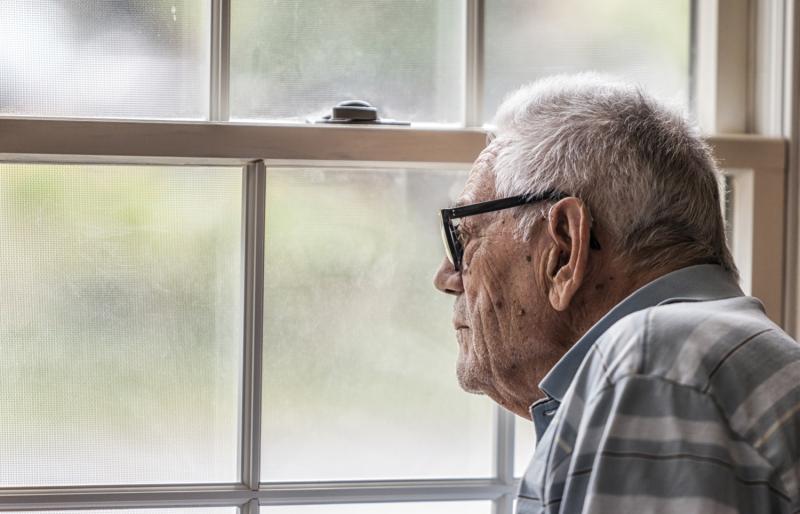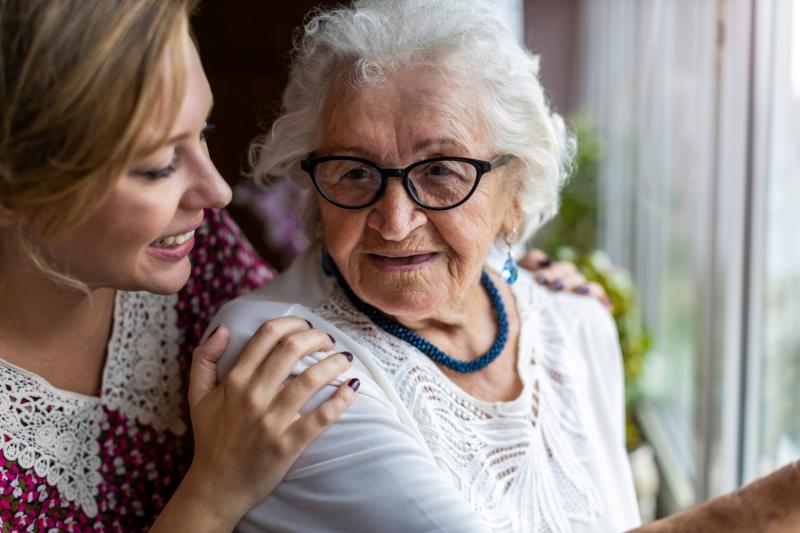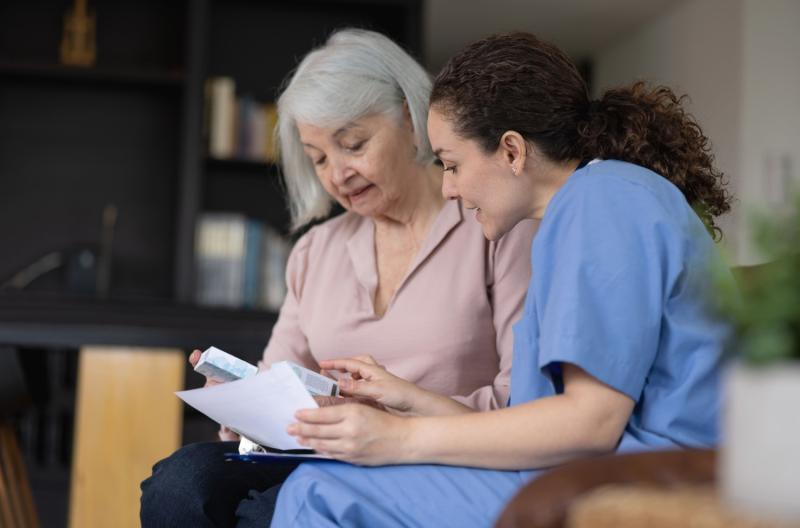Resources
Explore resources from a range of sources across the aged care sector - including government, research, academic and practice-based materials - curated by ARIIA to support evidence-informed practice and innovation.
Showing

Social Prescribing
This webpage from Primary & Community Care Services Limited discusses what social prescribing is and the evidence base underpinning social prescribing. It also links to social prescribing activities undertaken in other countries.

Communication Strategies for you and your loved ones
This article from Ear Science Institute Australia describes practical strategies to help in communicating with people with hearing problems. It also includes a 3min video about how hearing loss affects everyone.

The Social and Emotional Impacts of Hearing Loss
This 33min video from Ear Science Institute Australia features Dr Bec Bennett who shares her research about people with hearing loss and its impact on social and emotional aspects.

Searching for aged care information online – search sources
This, the first in our blog series, ‘searching for aged care information online’, looks at the basics of Internet searching, considers possible pitfalls and the digital literacy skills needed, along with helpful tips, to navigate the Internet successfully and have confidence in your results.

How do I decide my goals for my care management plan?
This interactive resource assists older people to decide on goals for their care management plan.

Meaningful engagement and partnerships in research with people living with dementia and their family
When reflecting on the experience of researching in partnership with people living with dementia and their carers, Dr. Domenica Disalvo, in this blog, acknowledges both the challenges and benefits of co-designing. However, there is a need for researchers to be both flexible and creative in adapting their engagement approaches to enable people living with dementia to fully participate in research, generating real insights into their needs and preferences for care.

Setting goals and evaluating meaningful outcomes for people living with dementia who are participating in reablement programs
This practitioner guide assists with setting goals and evaluating meaningful outcomes for older people living with dementia who are participating in reablement programs

Principles for goal setting
This resource supports the development of person-centred goals for clients and includes a goal-setting checklist using the SMARTA approach


Vicarious trauma and secondary stress in theraputic residential care
Information on stress and potential solutions